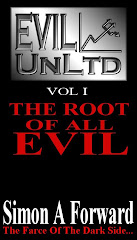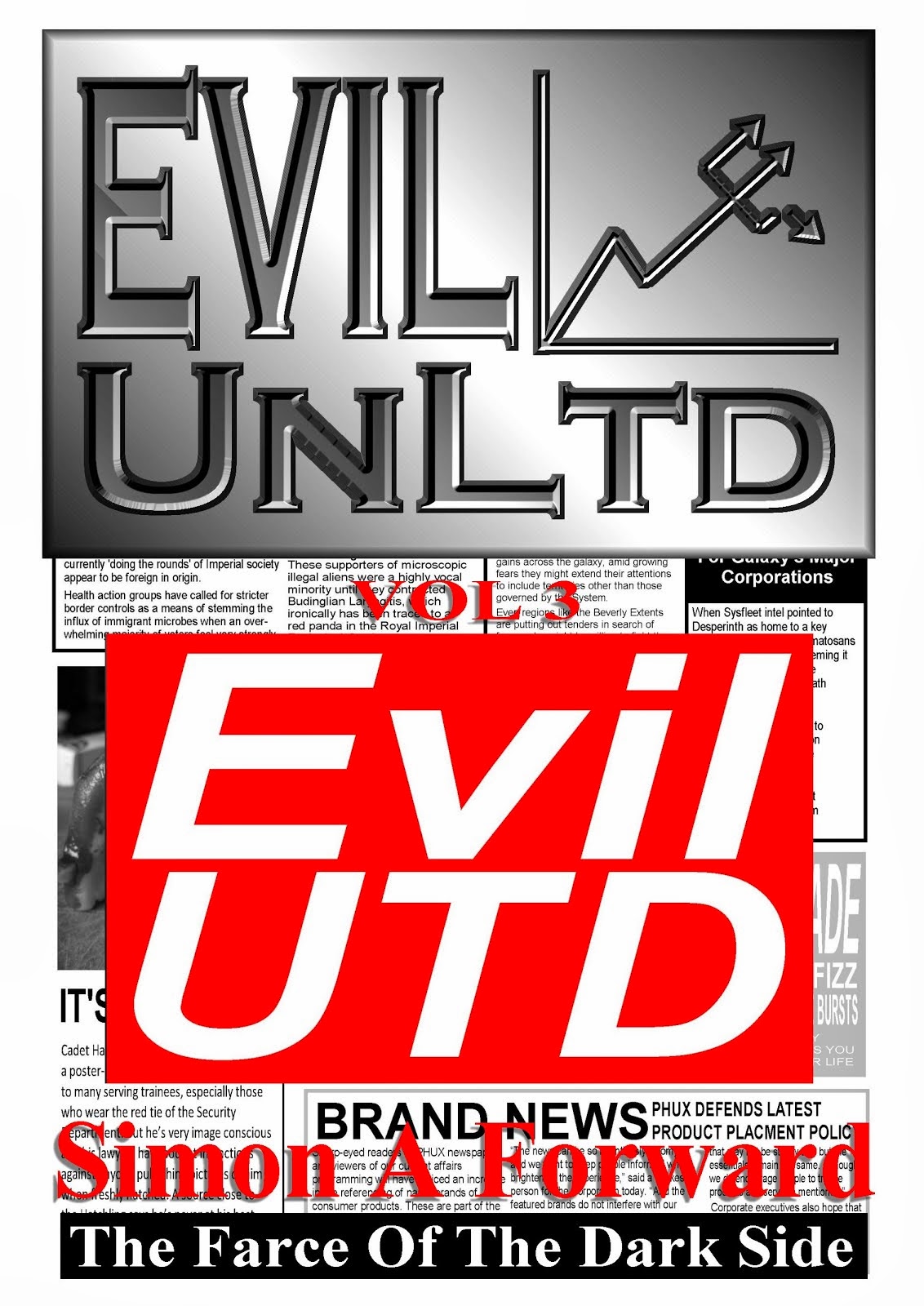Good Doctor Who stories are like trains. You
wait through six half-baked nonsensical plots and then finally one comes along.
Let’s hope more follow, but for now Mummy
On The Orient Express stands as the best of the season so far. At last, a
tale that by and large holds together and makes reasonable sense.
Not bad
going for an adventure set on a train in space. One of my more outlandish Who
book proposals featured a trans-dimensional train, so I was never going to have
a problem with the concept of a space-train. I did wonder why such a vehicle
would feel the need to take a winding route across the heavens, but my wife put
that down to a driver indulging his boyhood fantasies of being a real train driver.
Who’d want to drive in straight lines?
Fair enough.
What we have
here is a story that moves forward in relatively straight lines, throwing in a
few twists and turns along the way. For the most part it’s a neatly constructed
adventure mystery and a successful fusion of its diverse ingredients.
It’s a given
that Capaldi and Coleman give outstanding performances, but that’s no reason
not to give them a mention. And just when you think they’ve shone their
brightest they manage to deliver more. Much as I found the basis of the
Doctor-Clara division flimsy and contrived, its fallout and resolution here
provides for some truly great moments. It does tether us to Earth and dull
Danny Pink, but that’s less intrusive, more of a branch line to this story.
The use of
the digital countdown was a tad intrusive, I found, at times an effective
device for heightening the tension, at other times making the action appear
drawn out to tally with the impending deadline. But the adventure rattles along
at a good pace, without being afraid to throw in quieter moments that help
amplify the times when the Mummy makes his appearance and somebody’s clock
starts ticking down once more.
Bit
disappointing to find that many of the people on board are holograms, but the
actual characters who are present are fair to great. With the latter category
including Frank Skinner as Perkins, who is surprising treat to watch. Terrific
character, given some fab lines. I’m not sure I would have objected if he had
elected to tag along on board the TARDIS as a resident engineer.
And the
adventure leaves us with a tantalising mystery as to the identity of Gus
(voiced by John Sessions, no less), surely something we’re going to see
unveiled later in the season. The possibilities at this stage are more intriguing
for me than the whole Missy mystery.
The roaring
twenties aesthetic for train and passengers is nicely realised, and Clara looks
especially gorgeous in the period costume. The musical contribution from Foxes
providing a welcome touch of class – and to be honest I wouldn’t have minded a touch
more of that.
There are
minor quibbles. Chief of them for me being the use of a conspicuously handy
gadget that transfers Maisy's anxieties and issues to the Doctor, thus drawing
the Mummy’s attention. I mean, why not use some Time Lord telepathic trick –
there’s at least some precedent for that – rather than conjure up a
purpose-built gadget out of thin air? Come on, Jamie Mathieson, you’ve outdone
all your fellow Who writers thus far this year, why drop the ball at that late
stage in the game? Details.
Also, I
think some more characterisation for the collection of scientists on board
would have been preferable to having them all standing dumbly around looking
vaguely like Einstein and other noted brains from history. But I appreciate
that a 45-minute episode could get a bit overcrowded that way. Not unusual for
trains, but I get how it could create problems for a humble one-parter. So,
ultimately easy enough to forgive.
Every other
story this season has for me fallen apart at the slightest touch like expired
life forms in Skaro’s petrified forests, their often convoluted routes littered
with plot holes that often would’ve required only a granule or two of extra thought
on the part of the writers/script editors to repair.
Here, by
comparison, the writer makes the task of constructing a half-decent story look
as easy as coupling a few carriages together. It’s kind of sad that this
constitutes a vast improvement, but that’s how Mummy On The Orient Express felt for me.
Not perfect,
but by current standards this qualifies as first class.
SAF 2014










No comments:
Post a Comment